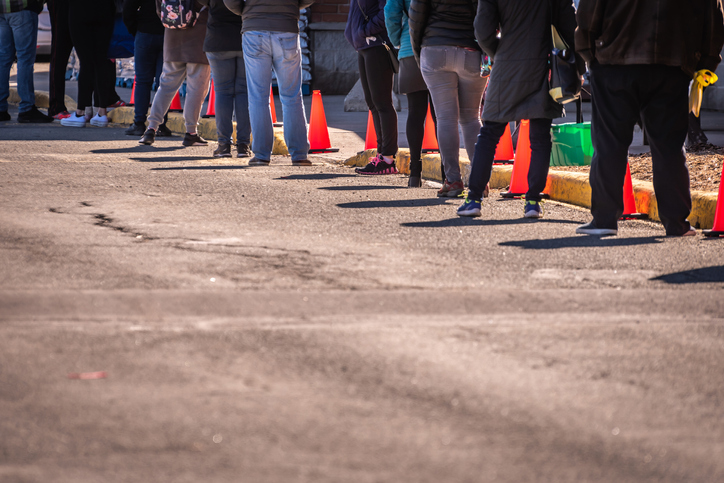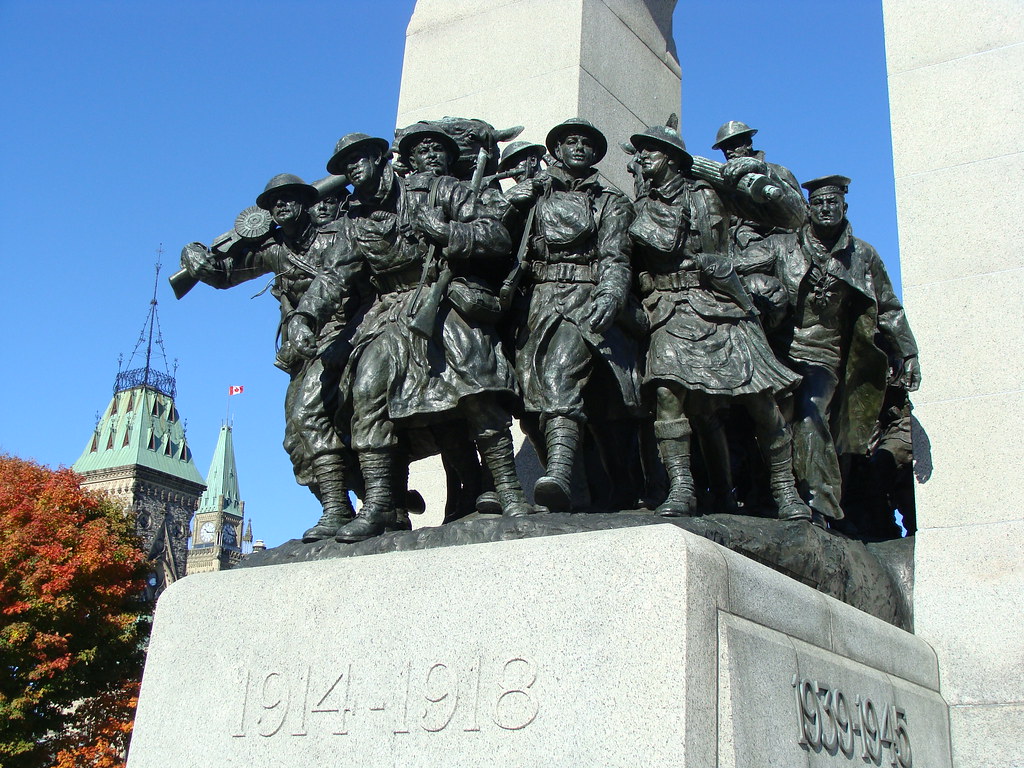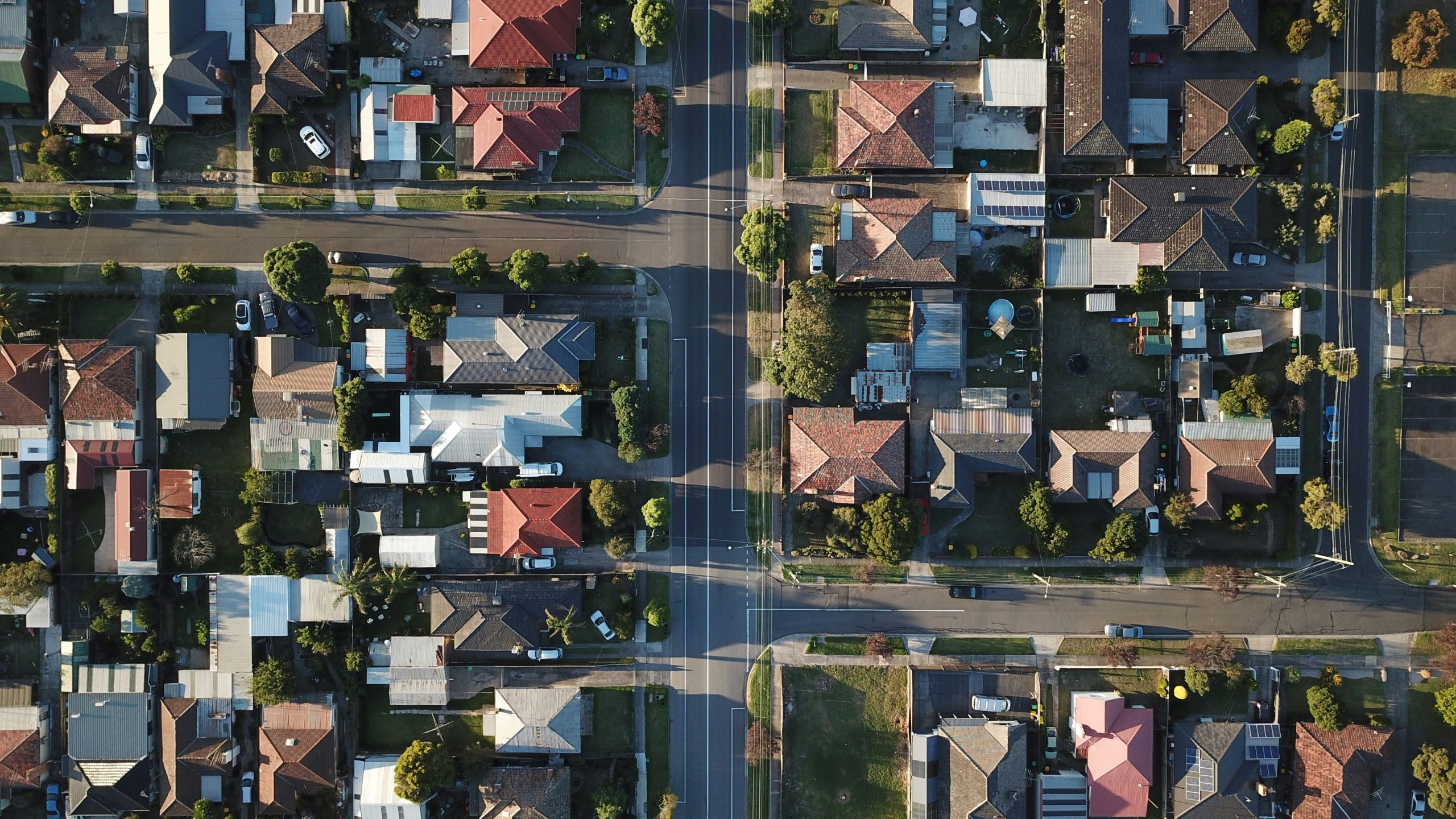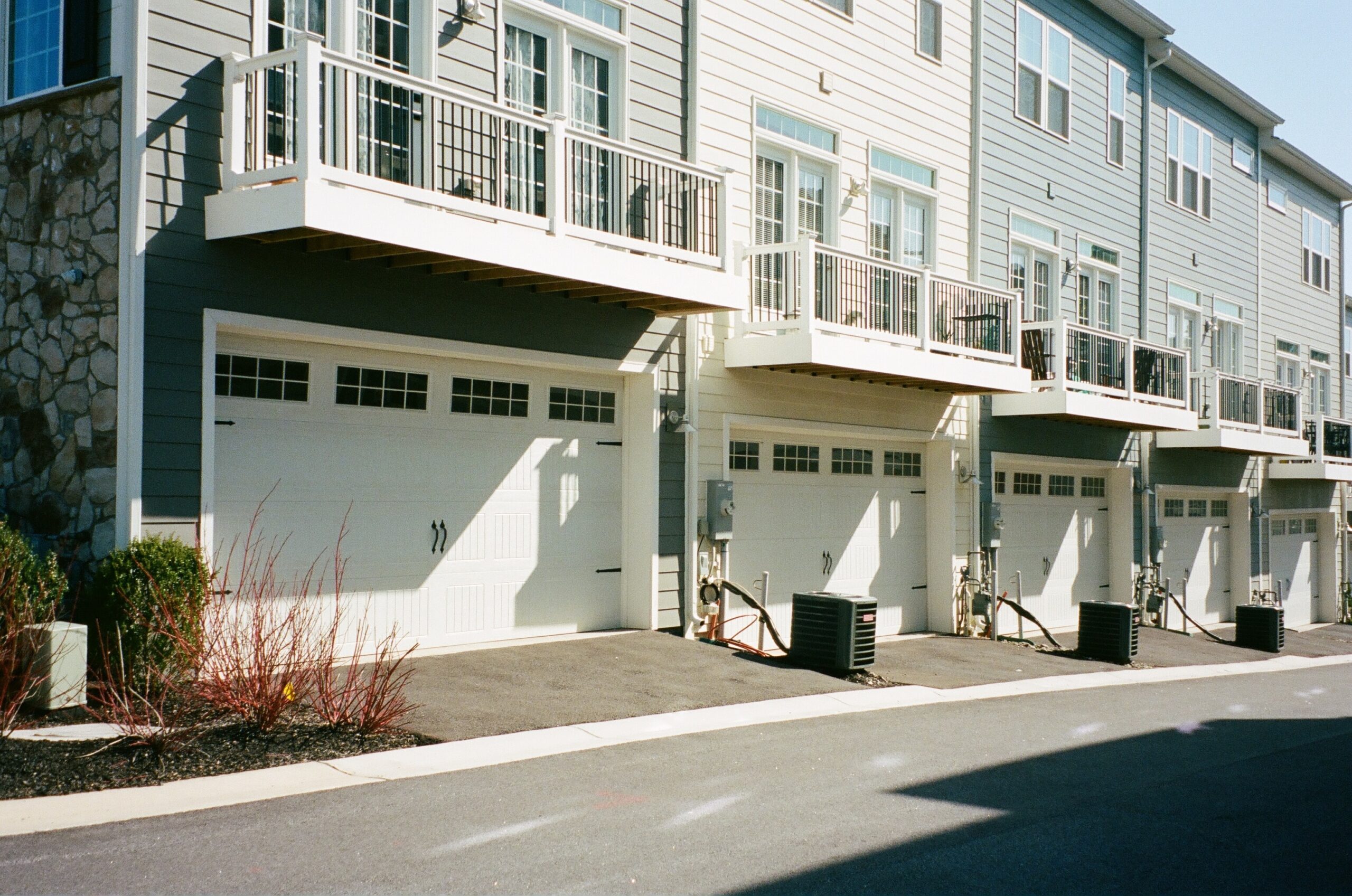Featured Guest
You’ll find this guest among our growing roll of Urban Champions.
-
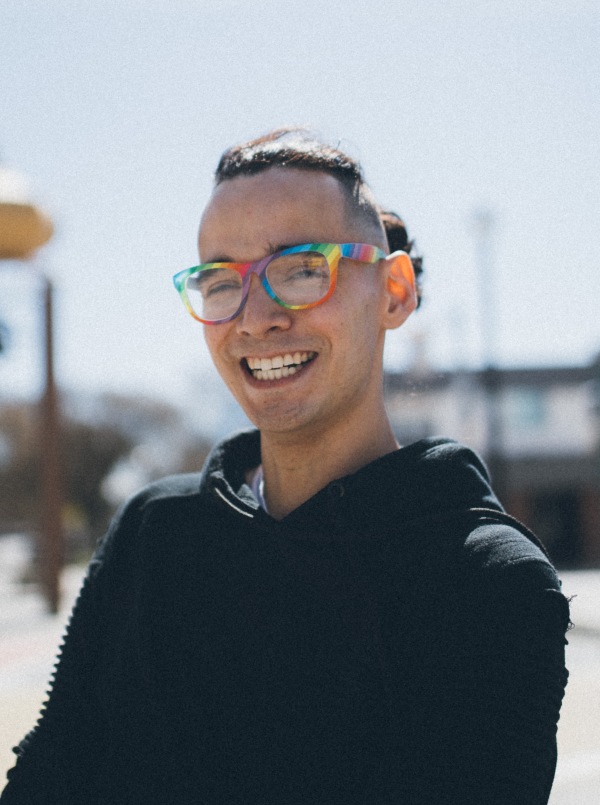
Michael Redhead Champagne
Ininew helper, host, speaker, and author
-
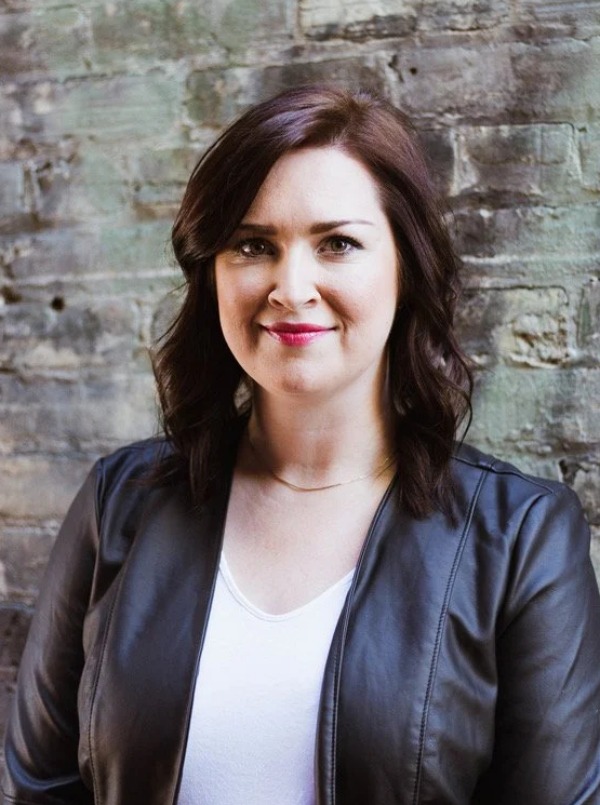
Kate Graham
Senior Advisor, Colliers Project Leaders
-
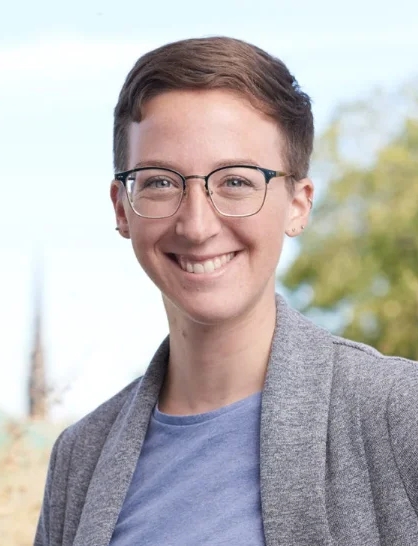
Catherine Craig-St-Louis
Territorial and Urban Planning Advisor, Gatineau office manager, Vivre en Ville
-
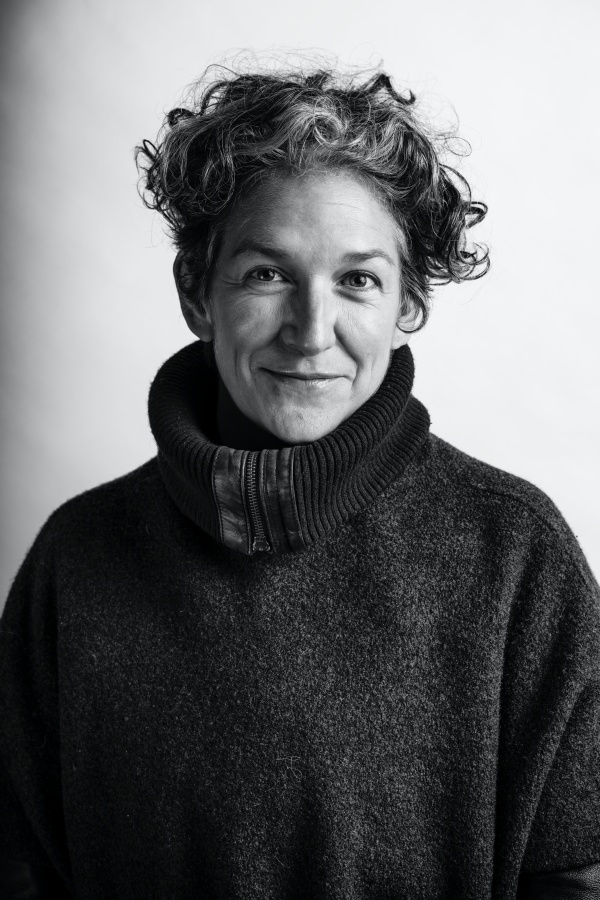
Allison Ashcroft
Principal. vivo
5 Key
Takeaways
A roundup of the most compelling ideas, themes and quotes from this candid conversation
Diversifying our Data
While not everyone has contracted the disease, everyone has experienced the effects of COVID-19. Allison Ashcroft raised the question of the types of data that we are collecting and looking at all the impacts the pandemic has had on city residents. She used British Columbia (BC) as an example of this where over 400 people have died from drug overdoses directly related to supply restrictions from the pandemic.
Changing our Measurements
Michael Redhead Champagne suggested that we can no longer continue to solely measure the problems we are facing, but that we must also actively seek solutions. He challenged people to look at things that are working during the pandemic and learn how to build on the successes we have had. Michael also brought up how governments have revealed their capacity to support people in need during the pandemic and how they need to use this momentum to build systemic solutions to other problems Canadians face beyond the pandemic.
Solidarity and Resilience
Neighbourhoods have demonstrated incredible empathy and solidarity in the face of COVID-19. Catherine Craig-St-Louis used women’s shelters as examples of community organizations providing more services to residents and leading the COVID-19 response. The nimbleness of the organizations on the ground has been an inspiration during this time.
The Capacity of Civic Institutions
Civic institutions and the capacity they can leverage to respond to urban challenges like COVID-19 are where Robert Plitt focused his thoughts and reflections. The University of Calgary, for example, fabricated personal protective equipment and redirected much of their research efforts to aid responses to the pandemic.
Empowering Marginalized Communities
It is important to involve and empower marginalized groups into our conversations. Kourosh Rad brought up that systemic racism is still very alive in our communities. Being vocal over the next 100 days and not settling for bouncing ‘back’ to an old normal will be crucial in the weeks and months to come.
Additional Reading & Resources
Africville: A Community Destroyed (CBC)
The Case for a Canadian Urban Policy Observatory
Full Panel
Transcript
Note to readers: This video session was transcribed using auto-transcribing software. Manual editing was undertaken in an effort to improve readability and clarity. Questions or concerns with the transcription can be directed to events@canurb.org with “transcription” in the subject line.
Full Audience
Chatroom Transcript
Note to reader: Chat comments have been edited for ease of readability. The text has not been edited for spelling or grammar. For questions or concerns, please contact events@canurb.org with “Chat Comments” in the subject line.12:01:38 From Canadian Urban Institute: Folks, please change your chat settings to “all panelists and attendees” so everyone can see your comments.
12:02:40 From Canadian Urban Institute: You can find transcripts and recordings of today’s and all our webinars at https://www.canurb.org/citytalk
12:02:55 From Gary Brown to All panelists: Hi Mum(almost) will not be long now!
12:03:42 From Canadian Urban Institute: Keep the conversation going #citytalk @canurb
12:04:59 From allison ashcroft to All panelists: I made 3.5
12:05:06 From Emily Wall, CUI Staff: Today’s panel:
Kate Graham – https://twitter.com/KateMarieGraham
Allison Ashcroft – https://ca.linkedin.com/in/allisonashcroft
Michael Redhead Champagne – https://twitter.com/northendmc
Catherine Craig-St-Louis – https://ca.linkedin.com/in/catherine-craig-st-louis
Robert Plitt – https://www.evergreen.ca/about/our-team/robert-plitt/
Kourosh Rad – https://twitter.com/RadUrbanist
12:05:13 From allison ashcroft: i made it to 3.5 sessions!
12:05:46 From karen landman: I’ve watched 5 sessions so far.
12:09:28 From Francis Wallace to All panelists: Can you scroll down to the bottom of the table?
12:10:03 From J. Mairs to All panelists: i can only see the data for 10 of the cities. Can you show us the rest of the chart please?
12:11:48 From Emily Wall, CUI Staff: You can read the full report here: https://canurb.org/publications/covid-signpost-100-days/
12:11:55 From Jayne Engle: Sobering to see this data— though of course very helpful and important. (et bonjour de Montreal! Good to see all the panelists)
12:11:56 From J. Mairs to All panelists: Great plug!
12:12:23 From Kourosh Rad: Good to you too, Jayne.
12:13:07 From David Crenna: Tremendous review of key points, Kate!
12:13:12 From Adam Thompson: amen
12:14:41 From KIERON HUNT to All panelists: I hadn’t considered the “blindspots” created and revealed by the synopsis….great insight Kate.
12:15:07 From Canadian Urban Institute: Welcome new joiners! Just a reminder to please change your chat settings to “all panelists and attendees” so everyone can see your comments.
12:19:50 From Gary Brown to All panelists: Other countries talk about an@ called Excess Death. England had been measuring it for a while.
12:19:57 From David Crenna: True… Statistics Canada has put out a report in deaths but again, not available by locational detail…
12:19:58 From Ahmed El-Geneidy to All panelists: You need to measure excess Death numbers, which requires knowledge of death in the past year by month
12:21:38 From Lindsay Allman: A struggle in BC is that the provincial government is purposefully releasing COVID information based on health authority region, not municipality. Rationale is so everyone remains vigilant but I am not sure how it is impacting municipal data collection & sharing.
12:21:51 From Adam Thompson: It is truly frustrating to know that Statistics Canada has much of the information we need on the ground but does not disaggregate the data to the city or community level.
12:23:56 From Alan McNair: Do not listen to the daily media briefs about Covid-19! Instead look at what the government is doing in the background. In Ontario what we have learned is that our Ford government is continuing to pursue the same development first approach and dismiss the rules and policies for good land use planning. The Minister of Municipal Affairs and Housing is considering applications for Ministers Zoning Orders TO ENCOURAGE URBAN SPRAWL and to TRAMPLE CITIZEN’S RIGHTS to appeal planning decisions, even during the middle of the appeal process. These denials of due process are taking place under the radar screen while most local citizens are worried about COVID-19. This is all going on in Barrie-Springwater-Oro-Medonte riding, which is represented by the Attorney-General, Doug Downey. The latest MZO request is a proposed community of over 2500 persons right against Barrie’s eastern boundary on prime active farmland, contrary to the Township and County Official Plans, the Growth Plan and the Provincial Policy Statement.
12:24:26 From Sean Gadon: Love the tag line “no more excuses”!
12:26:02 From David Crenna: Yes, now just need to figure out the next round of really effective actions that involve more than cutting cheques!
12:27:51 From Sean Gadon: Cities are still waiting for meaningful response from the federal and provincial governments to address the significant loss of revenues and the increased costs associated with Covid-19
12:29:19 From Almos Tassonyi: Sean is absolutely correct, there has been no action on the part of the provinces to ease current fiscal rules to make sensible short term decisions let alone the long run discussion on
12:29:34 From Almos Tassonyi: finances- oops
12:30:50 From Almos Tassonyi: Aird and Berlis have a useful legal bulletin on the Ontario planning act changes being proposed- why is anyone surprised!
12:37:54 From Juliana Dutkay: interested if the report or the various panels looked at immigrants (especially recent) with COVID. As a significant portion of urban population is immigrants, of all racial backgrounds, seems like an important lens.
12:38:11 From Adam Thompson: We often say that municipalities are asked to enter the fray with one armed tied behind our backs due to outdated revenue tools. Now, with COVID, we are being asked to fight with BOTH hands tied. At precisely the time when Canada needs strong community leadership most – during recovery. I am very worried about our ability to generate and maintain momentum in our communities.
12:38:40 From David Crenna: It is already feasible to estimate the probable loss of commercial real estate-related (assessment) revenues likely to arise due to hundreds of thousands of business closures, a significant fraction of which will likely stay closed…
12:40:50 From Adam Thompson: Build back better.
12:41:28 From Pamela Fuselli to All panelists: Language/words matter! We need to say what we mean
12:47:47 From salman faruqi: Gabriel Eidelman and Neil Bradford just put out a publication making a case for a Canadian Urban Policy Observatory (CUPO) to create a focal point for data collection for citites: https://canurb.org/publications/the-case-for-a-canadian-urban-policy-observatory/
12:48:21 From Steve Winkelman: We need to counter the “shovel ready” term with “shovel worthy” — not just roll out past projects, but prioritize those that create jobs, advance equity, resilience and GHG reduction.
12:49:58 From Sean Gadon: Perhaps we also need to be tracking that it has now been 28 days since the murder of George Floyd and where the movement is in 100 days! There is a risk in putting all of our attention solely on Covid-19 as was said by Micheal “it is not just going back to normal or the status quo”.
12:50:17 From David Crenna: Yes, Robert/Sean… We need to see the disrepancies between situations where people are in reality voting for a given direction with their feet/money, regardless of the received wisdoms about what they should be doing…
12:50:48 From Gary Brown to All panelists: Cities in Ontario are not allowed run deficits, How can that possibly work at this moment in time?
12:52:11 From Canadian Urban Institute: Keep the conversation going #citytalk @canurb
12:53:42 From Kate Graham: You’re right, Gary. It doesn’t work. Local governments are already — by necessity — cutting services and laying off thousands of staff. This will get worse unless something significant changes. (See “Reading the Signs” section of the Signpost report for more on this). Very concerning sign!
12:54:49 From Juliana Dutkay: Agree @Alison, on networks formalization and funding!
12:55:40 From Canadian Urban Institute: You can find transcripts and recordings of today’s and all our webinars at https://www.canurb.org/citytalk
12:57:19 From Emily Wall, CUI Staff: Please help us improve our CityTalk programming with a short survey: https://bit.ly/2V8r97o
12:58:55 From Nupur Chaudhury to All panelists: what is the name of the forcefully displaced community that was mentioned? based in New York and would love to learn more.
12:59:06 From Kourosh Rad: Africville
12:59:14 From Nupur Chaudhury to All panelists: thank you!
12:59:28 From Kourosh Rad: https://en.wikipedia.org/wiki/Africville
12:59:42 From Kourosh Rad: https://www.cbc.ca/radio/rewind/africville-a-community-destroyed-1.2919404
13:00:04 From Nabeel Ahmed: I appreciate your words and anger, Kourosh, Michael and Allison. I think it’s important to be honest about the limitations of liberal reformist agendas.
13:00:48 From MARYAM MOMENI to All panelists: Thank you everyone.
13:01:05 From Roger Keil: Thanks for the report and the tremendous conversation, all.
13:01:25 From Adam Thompson: great work, everyone. Thank you for the conversation
13:01:29 From Nabeel Ahmed: Much of what has been discussed today – structural municipal underfunding, systemic racism, colonialism – are not new or unknown to those who make decisions. The point is that they have chosen not to act in ways that will lead to meaningful change and transformation.
13:01:43 From Nupur Chaudhury: tuning in from New York—big Mary Rowe fan and so awesome to learn from you all. thank you
13:01:57 From Laurel Davies Snyder: Fantastic conversation. Thank you.
13:01:59 From Sean Gadon: Well done everyone!
13:01:59 From Debra Nyczai: Excellent report! Thanks everyone!
13:02:14 From Nathan Rogers: Thank you. Readying the signpost
13:02:18 From Iris Chu: Thank you everyone!
13:02:19 From Kourosh Rad: A huge thank you to Mary, Kate and the entire CUI team for hosting these important conversations.
13:02:23 From Susan Fletcher: Kourash — can I say how much I like your background — is it wall-paper or textile (or virtual)? Thanks.
13:02:25 From Robert Pajot: Thanks – another great CUI led discussion!
13:02:47 From Kourosh Rad: Susan, it’s handmade tile from Iran:)
13:02:55 From Paula gallo: Thank you for this invigorating talk. looking forward to delving into the report
13:03:07 From Ute Lehrer to All panelists: Great panel! Thanks
13:03:10 From Almos Tassonyi: Thank you
13:03:40 From Stephen Smith: Thanks!!
13:03:51 From David Crenna: Thank you!
13:04:34 From Greg MacGillivray to All panelists: Sorry I was delayed in joining you. It would be excellent if you shared a recording of this call.
